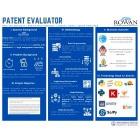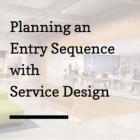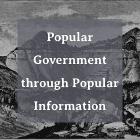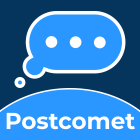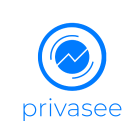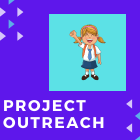
Outreach
Outreach is a web-application that bridges the communication gap between immigrant parents and middle school teachers to aid in student learning. We realize that when parents are engaged in their children’s academic lives, students are more often to excel. Teachers will be able to communicate with parents through a web application enabling them to send out weekly messages to encourage conversation within the home. Our goal as a collective is to create a family inclusive environment for immigrant parents that struggle to get their children to college.

